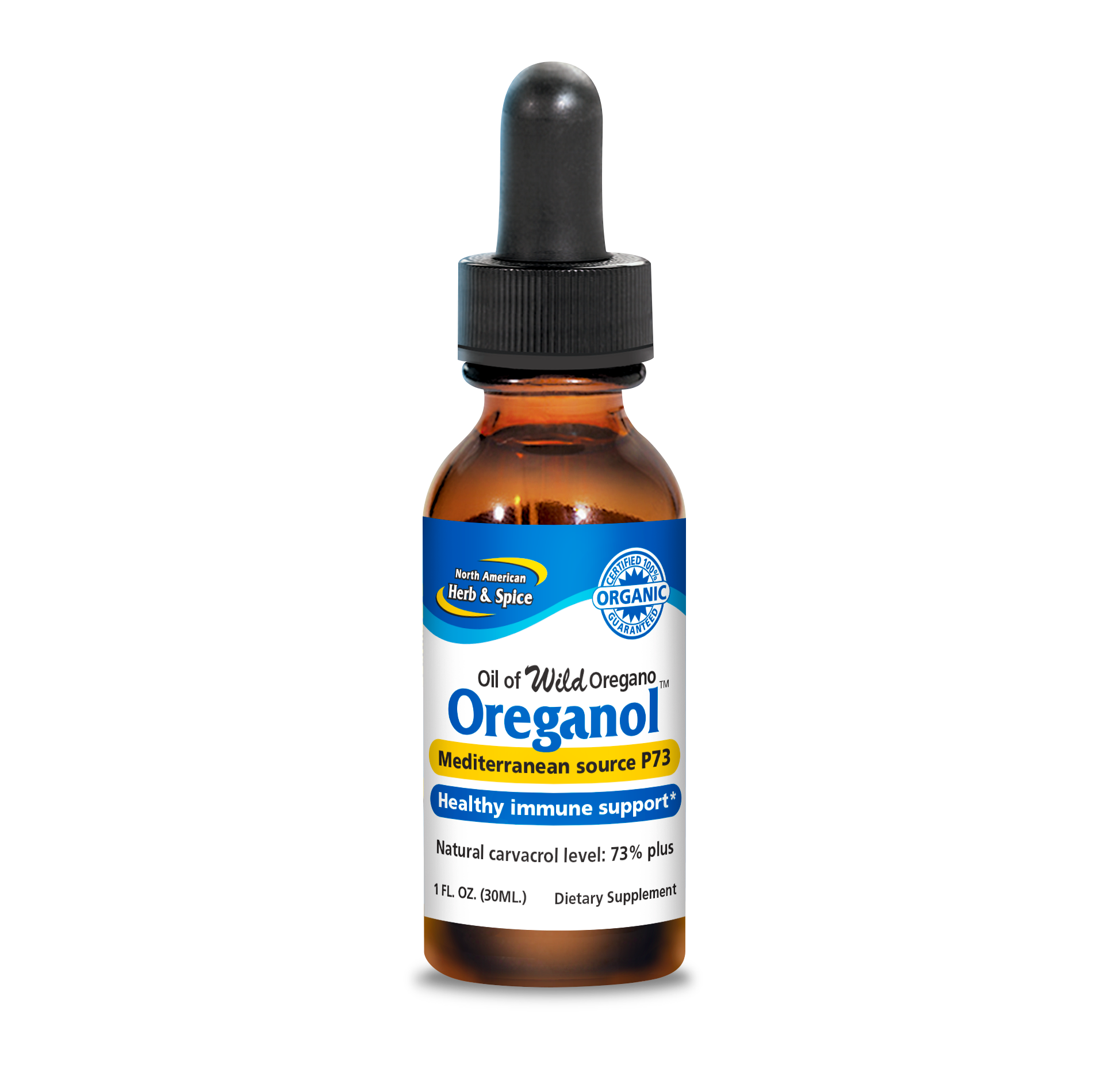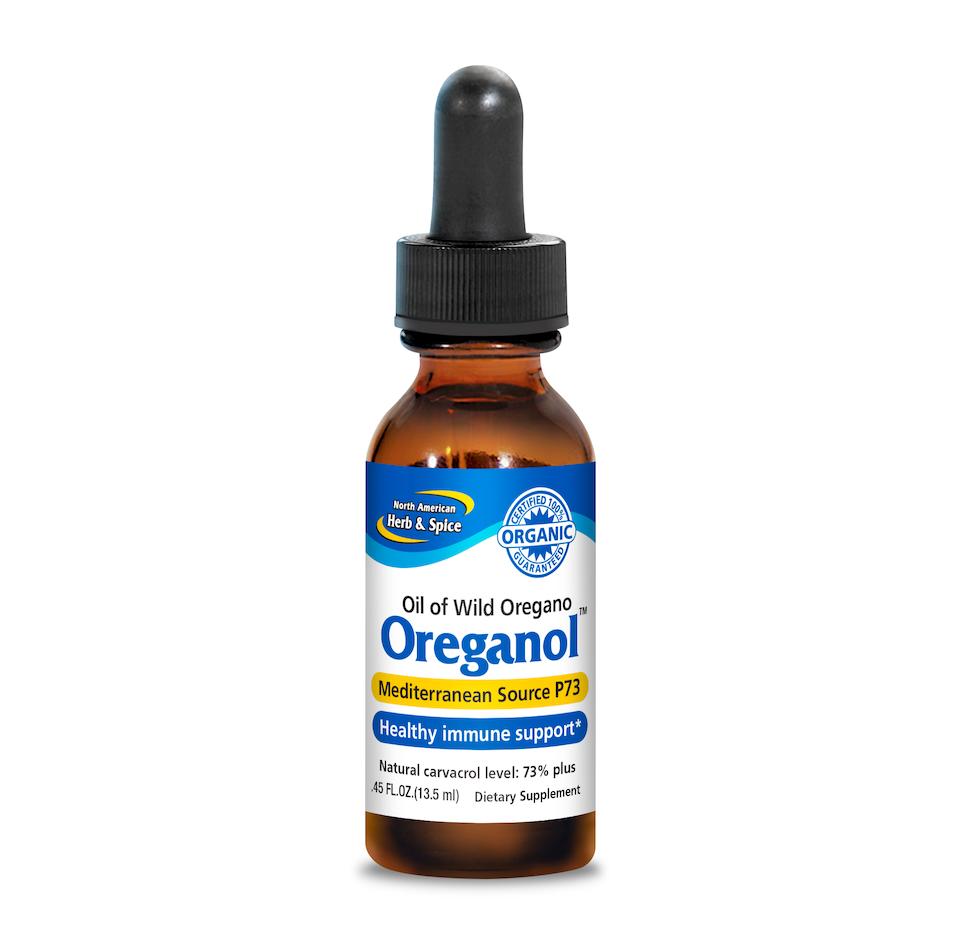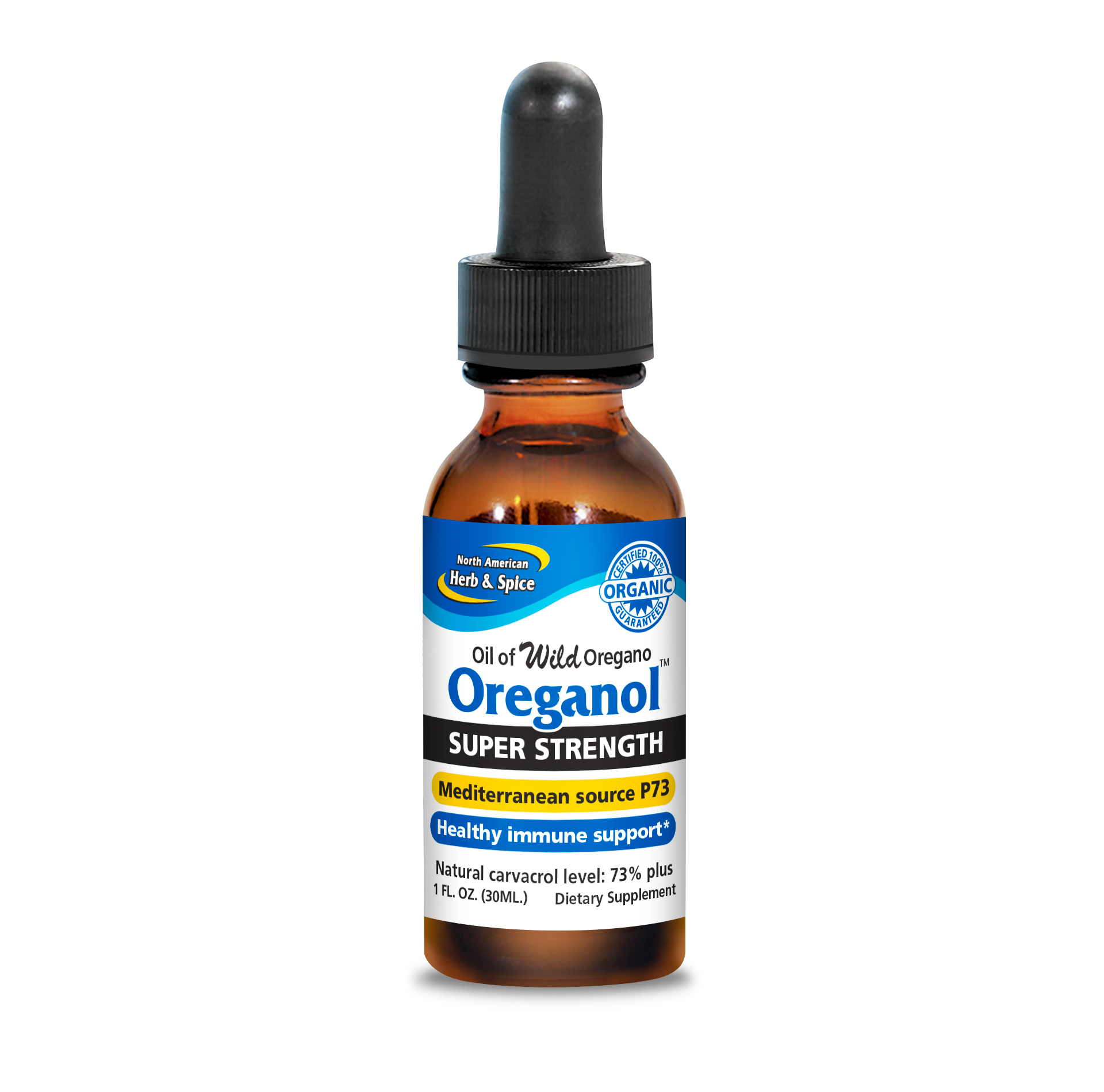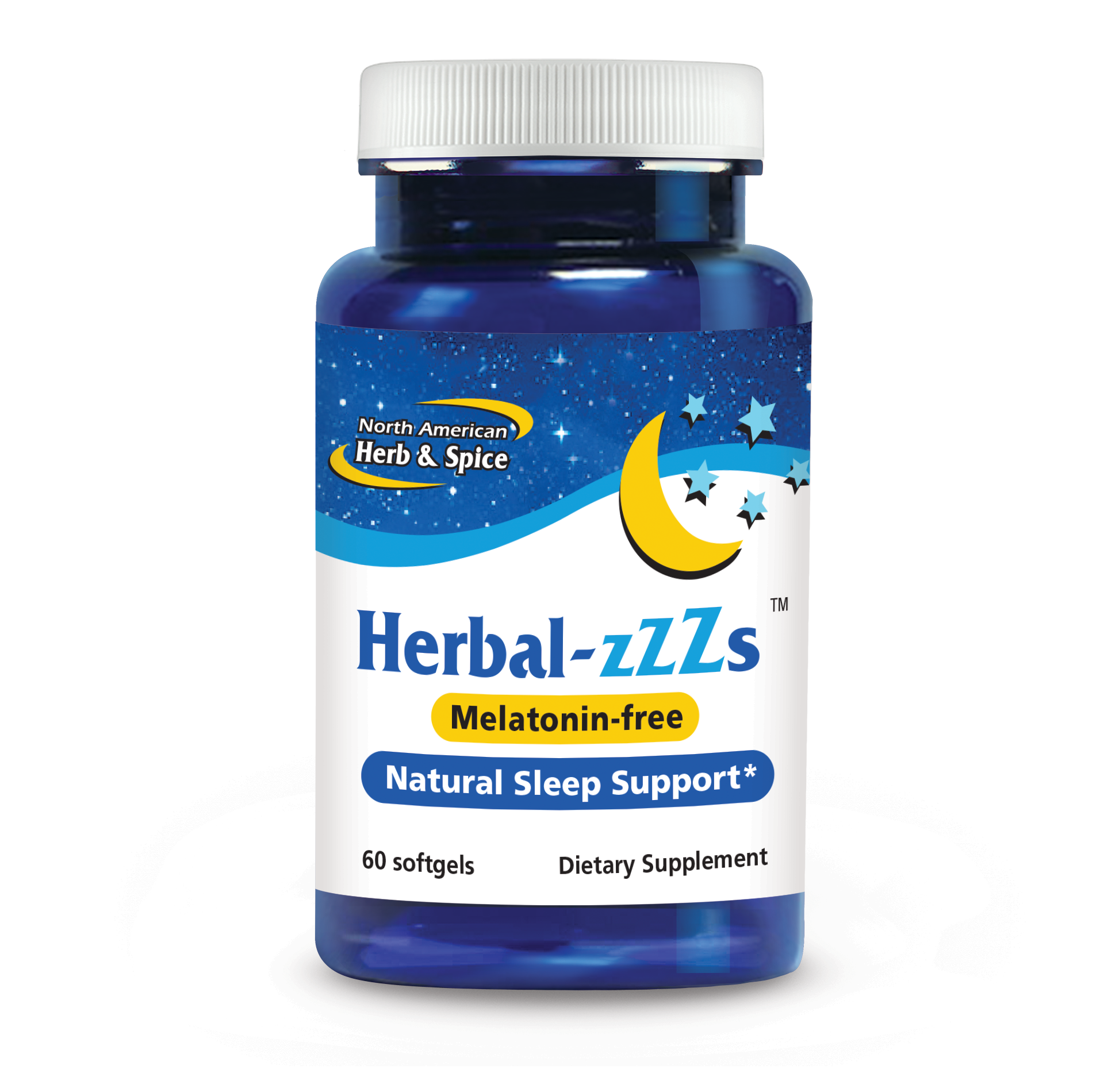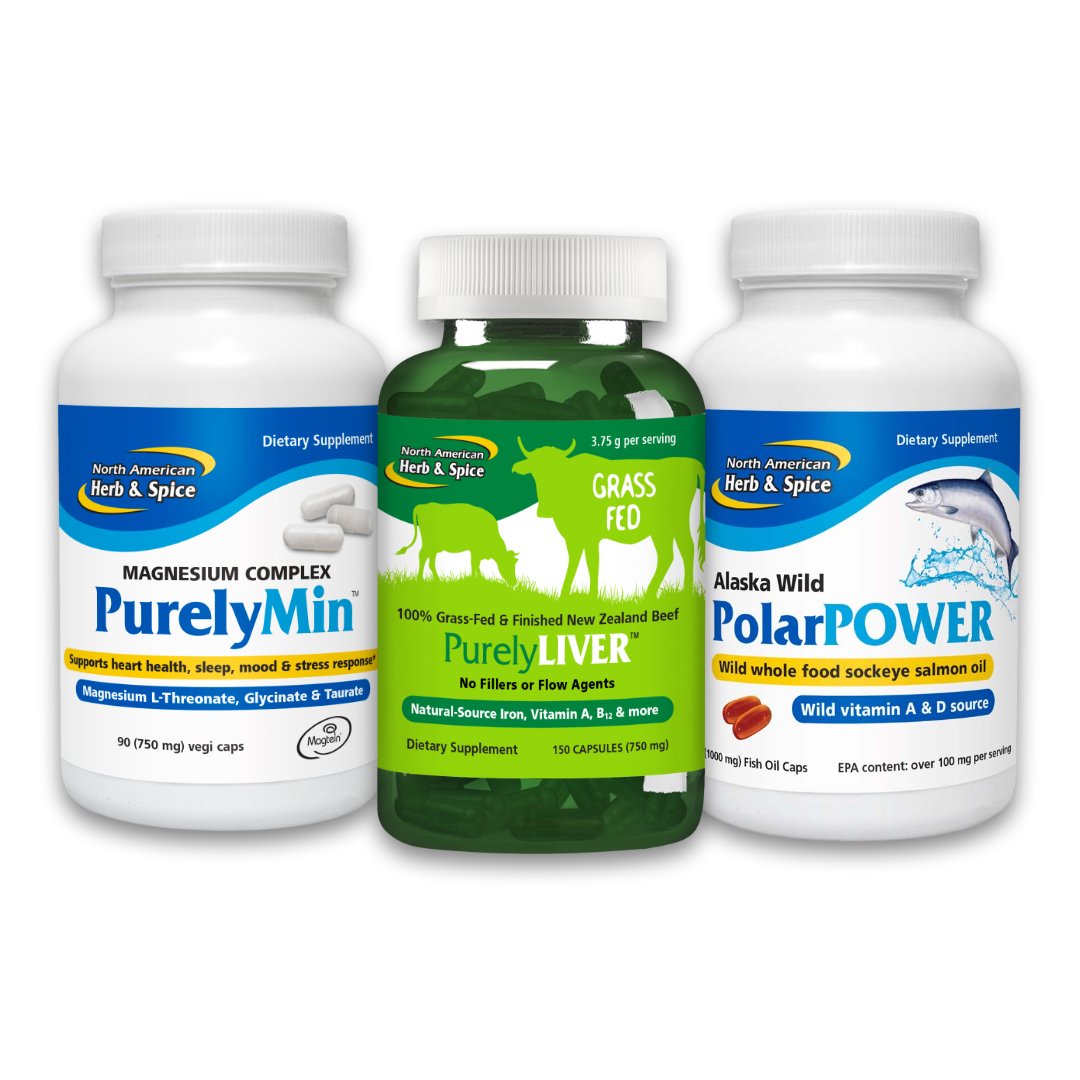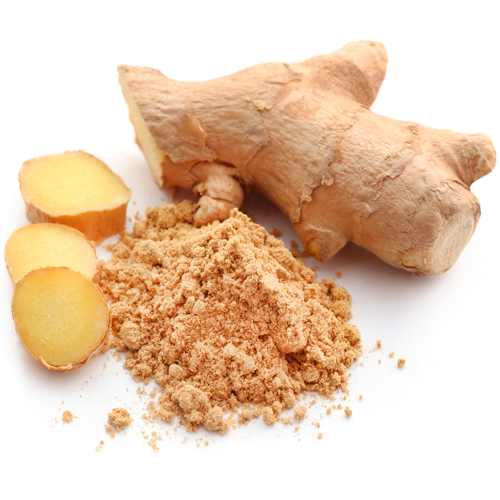The Nutrients You Need to Power Your Day
Maintaining steady energy levels throughout the day can feel like an uphill battle in today's fast-paced world. Why do so many people rely on quick fixes like coffee, energy drinks, or sugary snacks, only to experience an inevitable crash hours later? Sustained energy is built on a foundation of proper nutrition and lifestyle choices. By incorporating key nutrients such as whole food B vitamins, magnesium, L-theanine, and adaptogens like ashwagandha, you can support your body's natural energy production without the rollercoaster effects of stimulants.

The Importance of Whole Food B Vitamins for Energy
B vitamins are essential for converting food into usable energy at the cellular level.1 These water-soluble vitamins play a crucial role in metabolism, brain function, and red blood cell production—all of which contribute to steady energy levels.1 However, not all B vitamins are created equal. Synthetic B vitamins, often found in fortified foods and low-quality supplements, may not be as bioavailable as their whole-food counterparts.
One of the best natural sources of B vitamins is Beef Liver, which is packed with B12, riboflavin (B2), niacin (B3), and folate (B9).1 These nutrients help optimize mitochondrial function, supporting sustained energy production without artificial stimulation.1 Adding high-quality organ meats to your diet or supplementing with whole-food-derived B vitamins can help maintain steady energy and mental clarity throughout the day.

Magnesium: The Unsung Hero of Energy Production
Magnesium is involved in over 600 biochemical reactions in the body, including those responsible for energy production.2 It plays a critical role in ATP (adenosine triphosphate) synthesis, the molecule that fuels our cells.2 Despite its importance, magnesium deficiency is widespread due to soil depletion, poor dietary choices, and high levels of stress, which deplete this essential mineral.2
Low magnesium levels can contribute to fatigue, heart and brain complications, muscle and bone weakness, and difficulty concentrating.2 Supplementing with Magnesium Glycinate or Magnesium Taurate can support steady energy levels, muscle recovery, and relaxation without sedation. Unlike stimulants, magnesium works by optimizing the body's natural energy production, making it a sustainable solution for fatigue and burnout.

L-Theanine: Energy and Focus Without Jitters
L-theanine, an amino acid primarily found in green, black, and white teas, is well-known for its calming effects. However, it also plays a vital role in promoting balanced energy and alertness. L-theanine works synergistically with caffeine, smoothing out the stimulating effects and reducing the likelihood of jitters or crashes. L-theanine was first identified in tea leaves by Japanese scientists in 1949.
By supporting healthy alpha brain wave activity, L-theanine helps foster a state of relaxed alertness, making it an excellent option for those looking to maintain focus without overstimulation.3 For those who consume caffeine, pairing it with L-theanine can help sustain mental clarity and energy levels while preventing the highs and lows often associated with caffeine use. Theanine has overall very positive effects on the mental state after consumption leading to a sense of well-being and concentration.3

Ashwagandha: Balancing Stress for Sustained Energy
Chronic stress is one of the biggest contributors to energy depletion. When the body is under stress, it produces excess cortisol, a stress hormone, which can lead to fatigue, weight gain, heart problems, poor sleep, and difficulty maintaining stable energy levels. Ashwagandha, an adaptogenic herb, helps regulate healthy cortisol levels, promoting a balanced stress response and preventing burnout.4
By supporting the adrenal glands and nervous system, ashwagandha enhances the body's ability to adapt to stress while maintaining overall energy and endurance over longer periods.5 Studies have shown that ashwagandha supplementation can reduce fatigue and improve resilience, making it an excellent addition to an energy-supportive routine.4
Ashwagandha Study on Endurance:5
Coffee: The Right and Wrong Way to Use Caffeine
Caffeine is one of the most commonly used stimulants for energy, but relying on it excessively can lead to dependency, energy crashes, and adrenal fatigue. While coffee can provide a temporary boost, it does not address the root cause of low energy and can contribute to long-term fatigue if overused.
However, when consumed strategically, coffee can be part of a balanced energy routine. To avoid energy crashes:
- Pair coffee with B Vitamins & L-theanine to smooth out jitters and extend its effects.
- Avoid drinking coffee on an empty stomach to prevent blood sugar spikes.
- Limit caffeine intake to the morning hours 2 hours after waking to support healthy sleep patterns.
- Consider switching to lower-caffeine options like matcha green tea, which contains natural L-theanine for sustained focus and energy.
By being mindful of caffeine consumption and supporting energy through proper nutrition, you can prevent the exhaustion that comes from stimulant dependence.

The Role of Exercise and Sleep in Energy Levels
While nutrition plays a fundamental role in maintaining energy, exercise and sleep are equally important components of a sustainable energy routine. Regular physical activity enhances circulation, boosts mitochondrial function, and improves overall endurance. Exercise also helps regulate stress hormones, reducing fatigue and enhancing mental clarity. Even moderate movement, such as walking or stretching, can significantly improve daily energy levels.
Equally important is quality sleep, as this is when the body repairs, regenerates, and balances hormones essential for energy production. Poor sleep can lead to sluggishness, difficulty concentrating, and increased reliance on stimulants. Aim for 7-9 hours of quality sleep per night, establish a calming bedtime routine, and minimize exposure to screens (blue light) before sleep to optimize rest and recovery.
Creating a Sustainable Energy Routine
Instead of relying on quick fixes, long-lasting energy comes from a well-rounded approach that includes nutrient-dense foods, hydration, movement, and stress management. Here are a few key takeaways:
- Prioritize whole food B vitamins from sources like beef liver to support mitochondrial energy production. Try Purely Liver or our plant-based version Purely B
- Ensure adequate Magnesium intake to optimize ATP production and muscle function. Try Purely Min
- Use L-Theanine to enhance focus without the jitters often caused by stimulants. Try Purely Min
- Incorporate Organic Ashwagandha to help balance stress and prevent energy depletion. Try our Ashwagandha
- Be strategic with caffeine consumption to avoid dependency and crashes.
- Engage in regular exercise to enhance circulation, improve endurance, and regulate stress hormones.
- Prioritize quality sleep to allow for optimal energy recovery and hormone balance. Try Herbal ZZs
By integrating these key nutrients and habits into your daily routine, you can enjoy sustained energy, improved focus, and better overall well-being—without the crash. Energy should be something you cultivate naturally, not something you chase. With the right approach, you can power through your day feeling strong, alert, and balanced.




